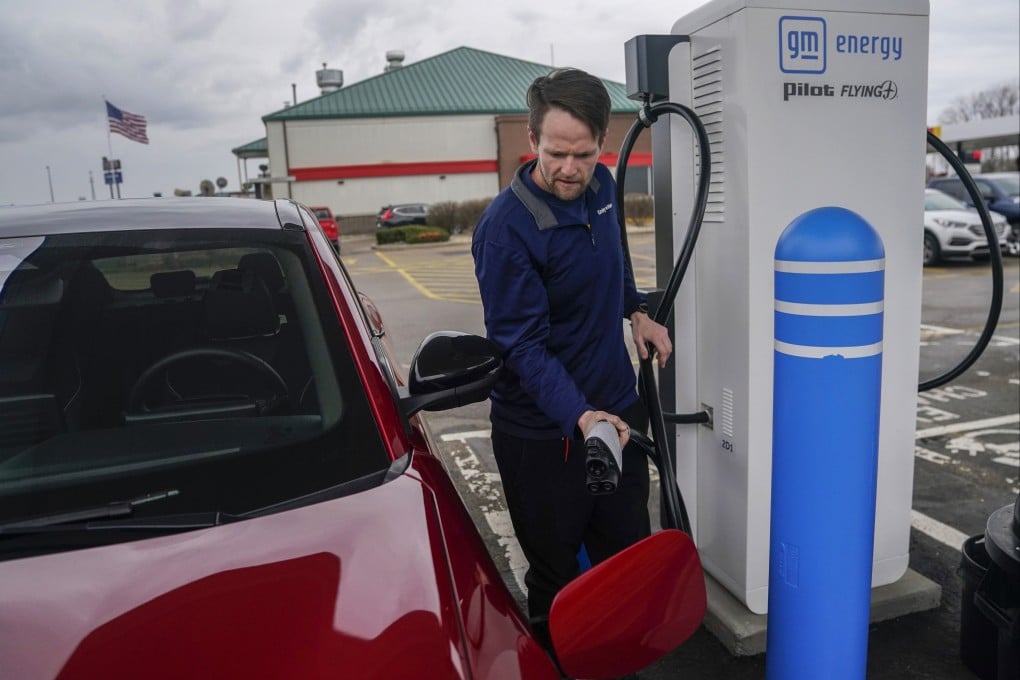The View | Cross-border synergy with China can help US more quickly adopt EVs
- Despite US fears about an overcapacity in Chinese green teach, China’s market share of solar modules and electric vehicles is smaller than that of other competitors
- ‘Cooperative competition’ between manufacturers can help both countries synergise their green industry transitions

Unlike basic commodities like steel, which are largely interchangeable, cars are highly differentiated products. No matter how well-made, the cheap Chinese cars of old were no threat to premium brands like BMW. But not so the latest EV models that are both technically impressive and affordable. And as EVs gain prominence, petrol cars will indeed face global overcapacities.
Around 18 million EVs are projected to be made next year, up from 10.5 million last year. But growing capacity alone does not quite equate with overcapacity. Unlike the solar industry a decade ago, the dynamics for the EV industry are far more complex. With high-cost producers in a high-priced market, the US faces more severe challenges within its own EV sector.
Most new industries go through stages of growth, proliferation and consolidation. EVs are no exception. China has been consolidating its EV industry. From a height of about 500 EV assemblers in 2018, there are an estimated 140 car companies (of all types) in China – a third of which may exit this year.
In the US, after Lordstown went bust last year, Faraday Future and Fisker may soon follow suit. Other US EV start-ups like Lucid and Rivian, despite respectable growth, have struggled with low sales volumes.

